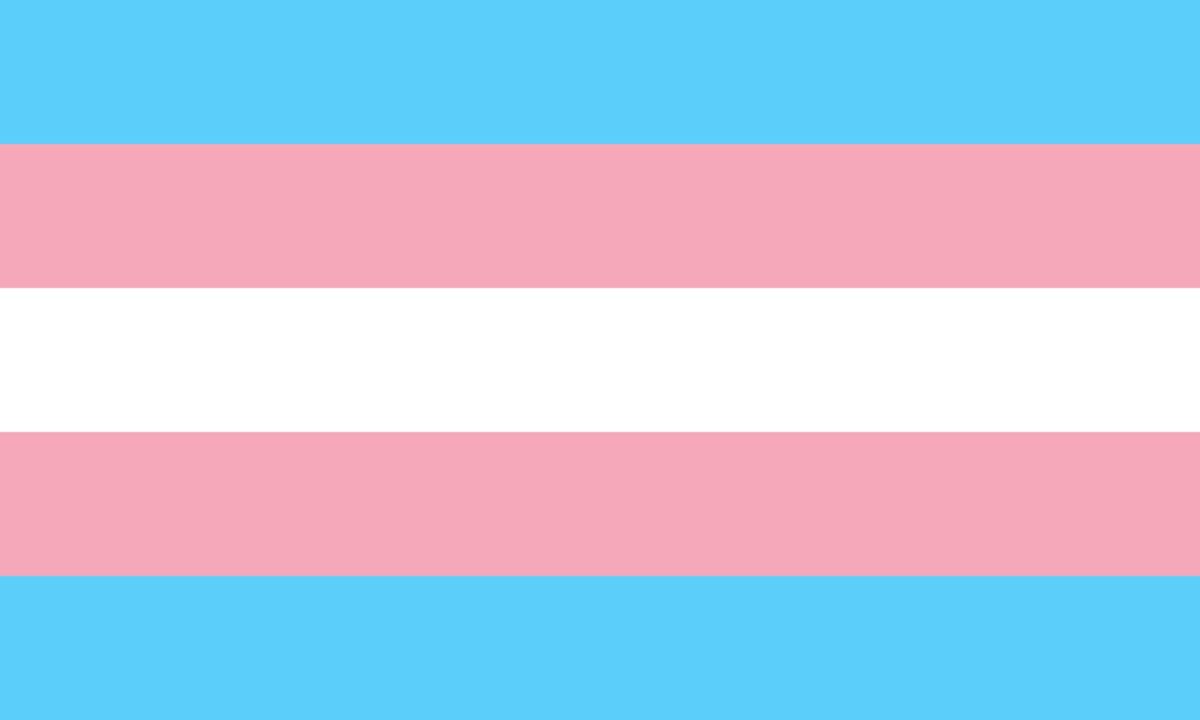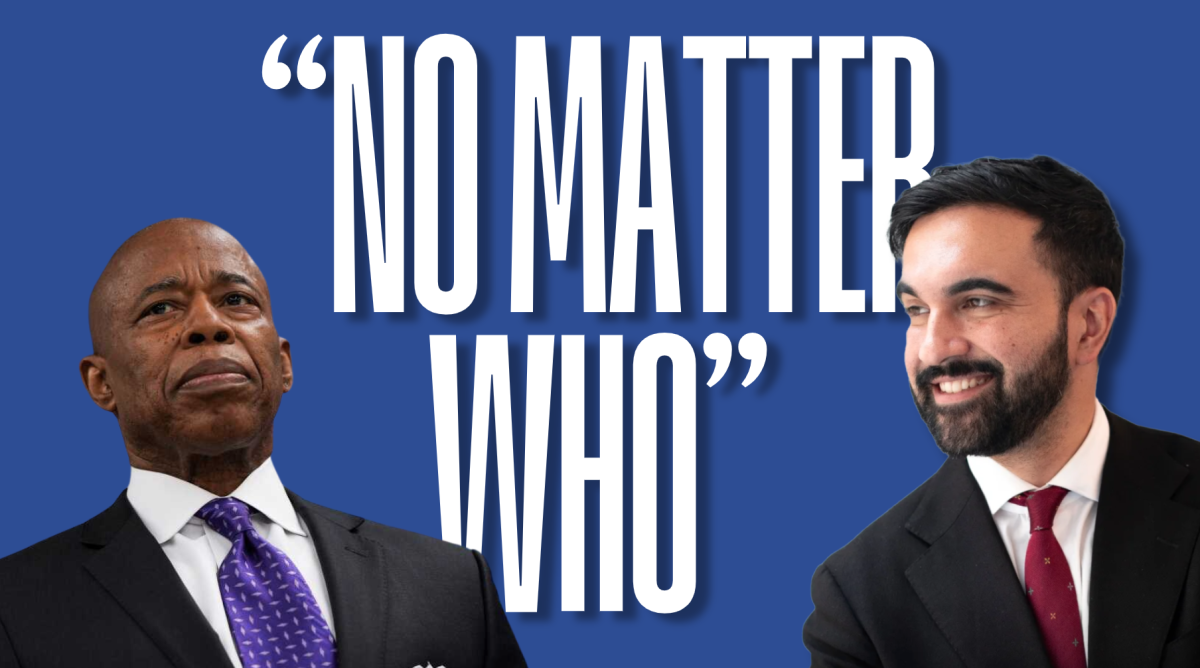By Brianna Allard

The governor of Georgia recently vetoed a bill that is eerily similar to a bill passed in South Carolina which “would have given faith-based organizations in Georgia the option to deny services and jobs to gay, lesbian, bisexual and transgender people,” according to CNN. Although the bill did not pass in Georgia, a similar law still stands in South Carolina. The correlation between religious freedom and tolerance needs to be examined, as these recent events have called the balance of these two ideas into question.
The crux of the issue lies in the controversy surrounding the phrase “separation of church and state.” This phrase often shuts down conversation, rather than stimulating, despite the fact that we should really have more discussion about this touchy topic in the political sphere.
By establishing the discussion of this separation of church and state as a taboo, we as a society have guaranteed the suppression of both the hidden meanings and implications within the relationship of the separation between church and state. Part of the problem with the phrase is that many United States citizens see it as a relatively simple and straightforward idea. I myself used to be under that impression. However, upon looking deeper into this issue, it is much more complicated than a simple phrase.
Religious freedom was defined in the first amendment of the United States Constitution: “Congress shall make no law respecting an establishment of religion, or prohibiting the free exercise thereof.” As was their custom, the founding fathers left the nation with very vague parameters for religious freedom. The commonly accepted definition for religious freedom is known as the right to express one’s religion and beliefs both privately and publicly without fear of persecution.
However, that freedom can only be exercised until it limits the freedom of others such as the LGBTQ community. It is the government’s job to protect the freedom and liberties of all its citizens while also upholding the standard of religious freedom. So how is the government supposed to balance these two duties and where does it draw the line?
This is a very difficult question, and the United States has yet to come up with a consistently upheld answer. Fordham Professor of Theology Matthew Lootens suggests that public discourse could improve the situation. He observes that public discourse is usually shut down as soon as someone uses the phrase “separation of church and state,” because both sides of the argument can use it to their advantage. However, the time has come to clarify where the government should draw the line during conflicts of interest between the state and religion. Since the topic has not been open for discussion, it has historically been very difficult to find a way to strike a balance.
However, it is very difficult to bring one’s religion into the political sphere, especially in the form of a law or bill, because it will not represent the wishes of all citizens, whether they identify as religious or not.
For this reason, laws based on religious freedom are problematic. They present a complicated labyrinth of ideals and beliefs through which policy makers must navigate. This is the exact reason why the public discourse on the topic of religious freedom needs expansion.
As a result of its current status as a taboo topic, when laws based in religious freedom are proposed, they are often morally reprehensible and sometimes unconstitutional, as we have seen in recent events. The laws passed in South Carolina and recently vetoed in Georgia are perfect examples of the consequence of silencing the public discourse on a topic such as religious freedom. If there had been previous discussion of these conflicting values in politics and in the public sphere, such a drastic law would never have been proposed or passed. It would have been struck down as unconstitutional a long time ago.
Furthermore, the American public, would have come up with a way to balance religious freedom and tolerance of LGBTQ rights. Once these values become part of the public political debates, we can find equilibrium between these conflicting values.
Brianna Allard, FCRH ’18, is an international studies major from Somers, Connecticut.















































































































































































































Craig • Oct 25, 2016 at 1:59 pm
I don’t really see the issue here. I understand that you want to end the practice of discrimination, but can you really enforce your beliefs on a religious institution. As I understand it , most of the laws dealing with regulating discrimination in businesses are covered under the commerce clause of the constitution. Can you really expand the definition of commerce to religion? I don’t approve of discrimination, but the first amendment allows for the free exercise of religion. I think that reasonable limitations are permissible if they are under, it doesn’t pick my pocket/ break my leg, style regulation. Forcing businesses to comply with commerce laws makes sense, though I will never understand giving business to a company that doesn’t want my business. Enforcing secular ideas on religious institutions is a bridge too far. Religions are institutions which are best changed from within. It is better to change the beliefs of the members through the long process of conforming to social norms and allow them to move the religion, then to pass laws and enforce your beliefs on them. This will only lead to religious members digging in their heels and fighting harder than ever. Your intolerance toward their views is so very similar to their intolerance of yours.
TJ • Apr 25, 2016 at 11:45 am
Freedom of Conscience, unless you are one of those Christians!